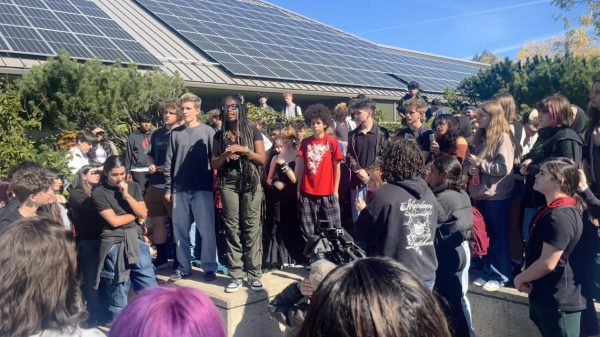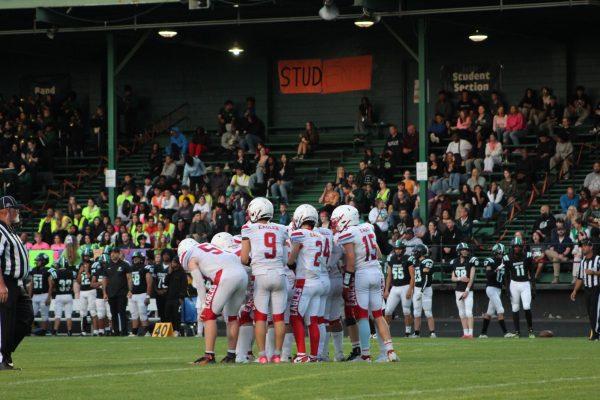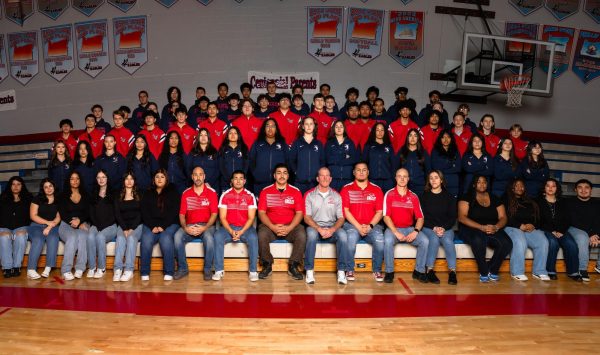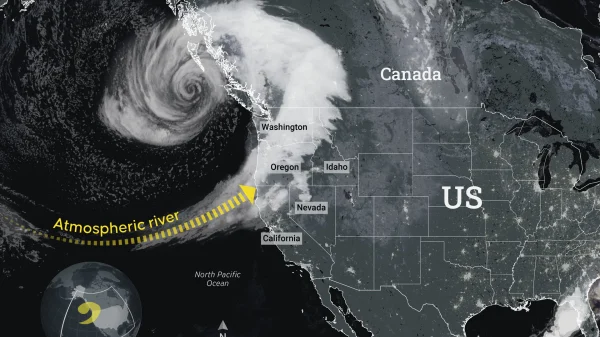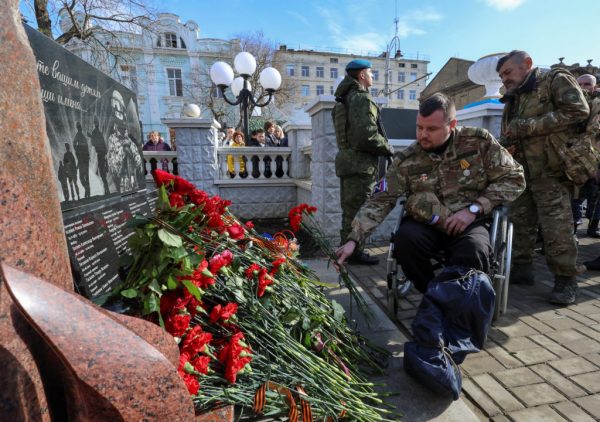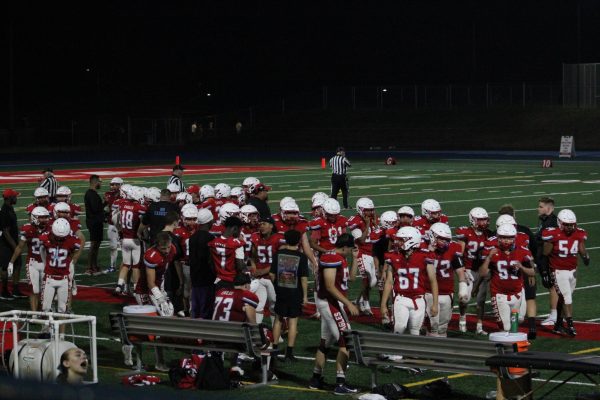What is Ramadan?

Ramadan is traditionally a holy month for Muslims to engage in religious mandatory habits and fast, but it is also generally a time to reflect and work upon becoming a better person. For a majority of Muslims the goal is to grow spiritually/improve personal connection with Allah (God). The month of Ramadan is considered a special time to do so, especially since fasting is considered one of the five pillars in Islam, which is a core belief/notion associated with the religion. The holiday is considered religious because it is believed to be when the prophet Muhammad received the holy Islamic book, the Quran from Allah. It was also the first time God revealed Muhammad was a vital prophet with the sole duty of delivering messages across the Arabian Peninsula.
The purpose of fasting for the full 30 days is to feel gratitude, practice self-restraint, feel empathy/compassion for the indigent and strengthen faith in the religion. Muslims are required to abstain from both food, and any beverages including water from sunrise to sunset. They are also inclined to refrain from engaging in any immoral activities, as doing so invalidates the fast.
The holiday falls on a different day every year because it is based on the Islamic lunar calendar, which consistently follows a time frame coinciding with the movement of the moon, and ends at the disappearance of the crescent. Throughout the month, it is pivotal that Muslims disassociate with any negative behaviors such as cursing, listening to inappropriate music, etc. Overall the goal is to focus on emanating positivity, and revoke any negativity.
Most people uneducated on the month tend to follow the misconception that you go the entire month without eating. This is however false. There’s specific time frames in which you are permitted to consume food. This occurs at a time known as “Suhoor” which is an Islamic term referenced toward the morning time you are allowed any meal/beverage with the exception of alcohol. After consuming a light meal, Muslims are required to pray the obligatory dawn prayer. Muslims have until the sun rises to eat and pray before they must officially begin their fast. The fast is broken at sunset, and eating is allowed all the way up until after Suhoor. The time period in which you’re fasting is about 13-14 hours in total. But fasting is not the only connotation affiliated with Ramadan. During this month, engaging in religious practices such as consistently praying, reading the Quran, or making innovations to Allah is the utmost in striving to strengthen yourself religiously.
In Islam, your faith is constantly tested, Ramadan offers you the opportunity to dwell on improvement, encourage generosity and seek forgiveness. A moral notion that is associated with Islam is that you should always be open-hearted toward forgiving people for their actions, the Religion itself revolves around maintaining the ideological amenity of peace, by Virtue of Allah being most merciful. After the holiday comes to an end, it is celebrated on a day known as “Eid-ul-Fitr” Which translates to, “festival.” Eid is celebrated for three days, twice a year, both dates, marking a significant event correlating to the origin of Islam. On the morning of Eid most Muslims attend a mosque to pray both obligatory and Eid prayers, and children are rewarded with money and candy. It’s a very blissful/joyful experience that universally unites all the believers.



